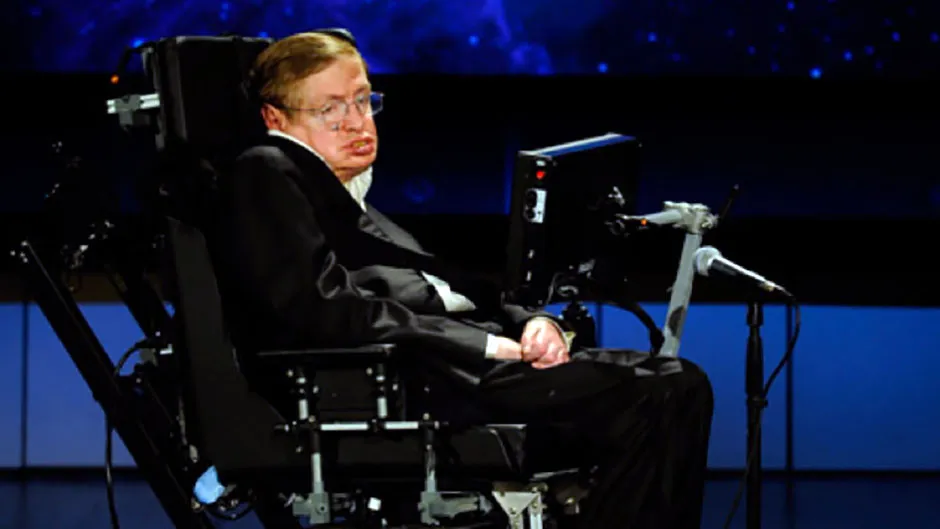Astrophysicist Stephen Hawking, a man who inspired millions to learn about the Universe beyond our blue planet, has died at the age of 76.Hawking’s family said that he passed away peacefully at his Cambridge home during the early hours of the morning of 14 March 2018.
“We are deeply saddened that our beloved father passed away today,” his children Lucy, Robert and Tim said in a statement.
“He was a great scientist and an extraordinary man whose work and legacy will live on for many years.
“His courage and persistence with his brilliance and humour inspired people across the world.
“He once said: ‘It would not be much of a Universe if it wasn’t home to the people you love.’
We will miss him for ever.”
Hawking first studied physics at University College, Oxford in 1959 and quickly became known as a brilliant student.
“It was only necessary for him to know that something could be done, and he could do it without looking to see how other people did it,” said his tutor Robert Berman in an interview with New York Times Magazine.
“He didn’t have very many books, and he didn’t take notes.
Of course, his mind was completely different from all of his contemporaries.”
In 1962, he moved to Cambridge University to complete his PhD, but began to have difficulties with his speech and movement.
Hawking was diagnosed with motor neurone disease and it was initially predicted that he only had two years left to live.
Hawking refused to let his illness stop his work or dull his wicked sense of humour, however.
For many years he resisted using a wheelchair and when he finally had to, he quickly became known around Cambridge as a reckless driver with a fondness for running over the toes of his fellow students.
“My expectations were reduced to zero when I was 21,”
Hawking said about his illness in an interview with the New York Times in 2004.
“Everything since then has been a bonus.”
Hawking was granted his PhD in 1966 for his work applying the theories about space-time singularities and black holes to the entire Universe.
He continued this work with the mathematician Sir Roger Penrose, leading to the first mathematical examination of the Big Bang theory.

Hawking also worked on combining the science of black holes with quantum mechanics, developing the theory of Hawking radiation – a quantum effect near a black hole’s event horizon which allows it to lose mass and, potentially, evaporate.
“Einstein was wrong when he said, 'God does not play dice',” said Hawking in his 1996 book, The Nature of Space and Time.
“Consideration of black holes suggests, not only that God does play dice, but that he sometimes confuses us by throwing them where they can't be seen."
Though Hawking continued to make many great cosmological breakthroughs, he is perhaps best known for his mission to make those discoveries accessible to the masses.
In 1988, Hawking published his first book about his work, A Brief History of Time, which spent a record breaking 237 weeks on the Sunday Times Bestseller list.
Since then, Hawking has communicated complex theories about our Universe to a global audience, regularly giving lectures, interviews, writing books and appearing on television shows from Star Trek to The Simpsons.
Hawking's life was the basis of the 2014 film, The Theory of Everything, showing his his rise from student to scientific superstar. Image Credit: Universal Pictures
In recent years, Hawking spoke out about his beliefs that mankind needed to become a multi-planet species to avoid extinction, while also voicing his concerns about the rise of artificial intelligence and attempts to make contact with potentially hostile alien life.
Hawking was a brilliant scientist who inspired millions and was as well-loved for his wit as he was for his scientific mind.
“Remember to look at the stars and not down at your feet,” said Hawking in a video released by Cambridge University after his death.
“Try to make sense of what you see and wonder what makes the Universe exists.
“Be curious.
“And however difficult life may seem, there is something you can do and succeed at.
“It matters that you don’t just give up.”
